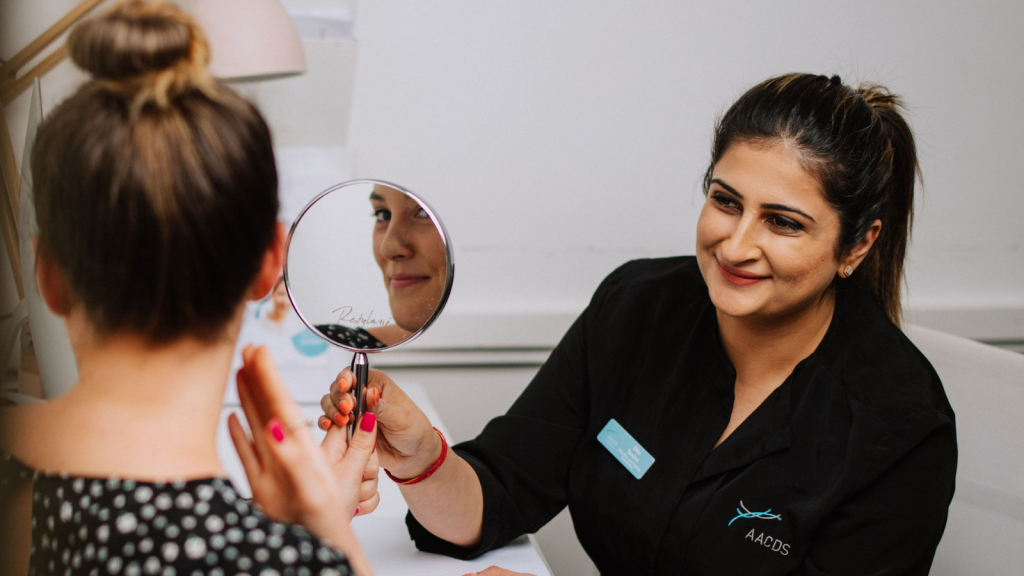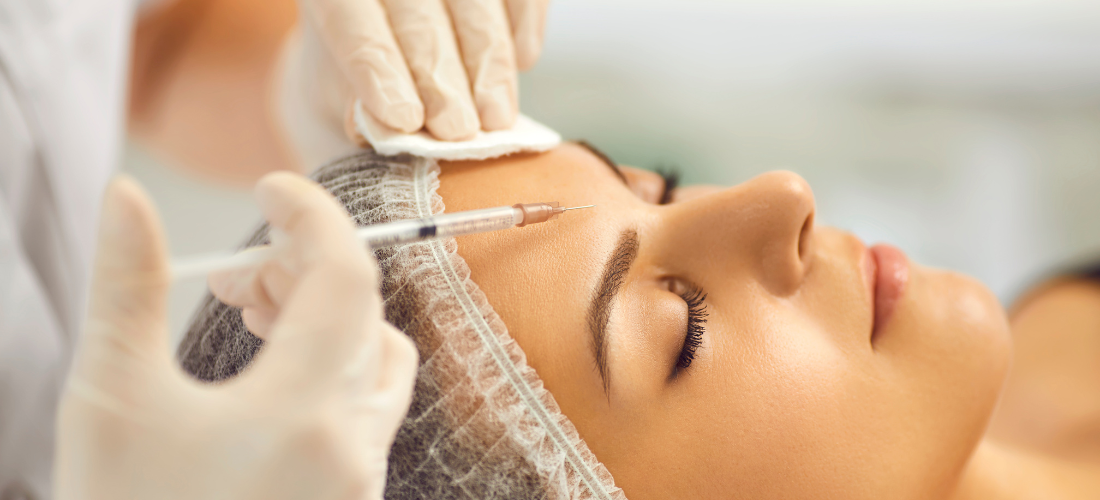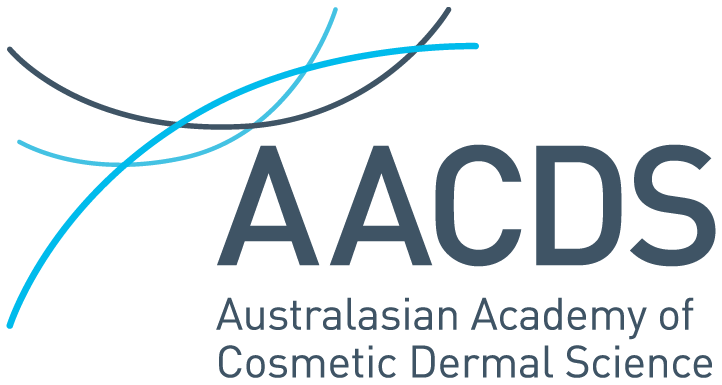Careers in cosmetic medicine: where can your qualifications take you?

Cosmetic medicine has reshaped the aesthetic industry, creating a range of opportunities for qualified nurses and doctors. While some roles may sound glamorous, it’s important to understand that cosmetic practice is a clinical field first, focused on patient safety, medical ethics, and evidence-based treatments.
In this guide, you’ll discover where qualifications in cosmetic medicine can lead, the realistic challenges to consider, and tips to get started in this exciting profession.
Working in cosmetic medical clinics
Many cosmetic nurses build rewarding careers within reputable cosmetic medical clinics. Here, nurses work in partnership with prescribing doctors to deliver non-surgical cosmetic treatments, including cosmetic procedures, advanced dermal therapies, and skin rejuvenation.
Depending on state regulations, scope of practice, and supervision requirements, cosmetic nurses may support:
- Skin rejuvenation treatments (e.g. laser, skin needling)
- Non-surgical cosmetic procedures treatments under medical supervision
- Pre- and post-procedure education to promote safe outcomes
“Cosmetic nursing is about more than just a procedure, it’s about holistic, patient-centred care,” says Dr Keturah Hoffman, Head of Cosmetic Medicine at AACDS. “Graduates need to understand assessment, ethics, and safety before anything else.”
This path may suit you if:
- You enjoy working in a regulated, clinical setting
- You want to specialise in non-surgical cosmetic procedures
- You have a passion for evidence-based practice and patient education
Dermatology clinics
In dermatology practices, cosmetic nurses support evidence-based skin care for medical conditions such as acne, rosacea, and pigmentation concerns. They may assist with minimally invasive skin therapies, patient education, and long-term skin health management in close partnership with dermatologists. They may also be involved in treatments like PUVA therapy for sun damage and precancerous lesions, contributing to both cosmetic outcomes and skin care.
Cosmetic surgery centres
In luxury medispas and wellness clinics, cosmetic nurses contribute to personalised treatment plans that integrate skin health and appearance-focused treatments.
This role might be right for you if:
- You enjoy working in upscale environments
- You want to combine cosmetic treatments with wellness treatments
- You thrive in a personalised, high-end aesthetic setting
Working with a plastic surgeon may also involve assisting in theatre during surgical procedures, which is why our course includes a dedicated surgical unit to prepare nurses for this environment.
Working in high-end medispas and wellness clinics
Some cosmetic nurses also practise in higher-end medispas or wellness clinics, offering holistic aesthetic services alongside cosmetic medicine. These settings often focus on subtle, natural-looking outcomes, combining skin therapies with medically supervised cosmetic treatments.
This may include:
- Non-surgical cosmetic procedures under supervision
- Advanced skin health treatments
- Patient education about skin health and lifestyle
This role may suit you if:
- You enjoy working in client-focused, well-rounded wellness settings
- You value blending dermal therapies with evidence-based cosmetic treatments
- You prefer a collaborative, holistic approach to aesthetics

Opportunities in education and training
As cosmetic medicine evolves, education has become a key career pathway. Experienced nurses may move into roles as clinical educators, mentors or trainers, helping develop the next generation of practitioners.
They may:
- Deliver workshops on non-surgical cosmetic procedures
- Develop a curriculum for recognised training programs
- Provide clinical supervision and mentoring
This might be ideal for you if:
- You have strong experience in cosmetic practice
- You enjoy mentoring and shaping the future of the industry
- You are passionate about lifting safety and standards across the profession
The sky is not the limit: unexpected careers in cosmetic injectables
Cosmetic nursing and dermal therapy skills may open the door to research opportunities far beyond everyday clinical practice. As an example, researchers have begun exploring how skin ages in microgravity, with evidence suggesting astronauts may experience thinning, dehydration and increased sensitivity over time.
While these studies are mostly grounded on Earth using simulated environments, nurses with a strong dermal therapy background could contribute to research that examines how advanced skin treatments might support long-term skin health in extreme conditions.
“It’s a fascinating area where evidence-based cosmetic medicine meets science and innovation,” says Dr Hoffman. “We encourage nurses to see research as a valuable pathway, even if it’s not the mainstream.”
Beyond skin research, cosmetic medicine knowledge is also being applied in therapeutic areas. For instance, muscle-relaxing medications may help treat conditions like excessive sweating (hyperhidrosis), while dermal therapies may help restore skin confidence for patients recovering from reconstructive surgery.
These fields may not be the everyday roles most cosmetic nurses step into, but they show the wider potential for innovation and growth in this profession.
Instagram vs reality: what to really expect as you start out
The cosmetic medicine industry is competitive. Entry-level cosmetic nurses may struggle to immediately secure injecting roles and will often start in dermal or skin-based roles. Gaining experience under a medical team and building skills over time is the recommended pathway.
“We want graduates to see themselves as part of a clinical team, not as solo cosmetic entrepreneurs,” explains Dr Hoffman. “Safe practice means working within your scope, with appropriate supervision.”
For those who dream of running their own clinic, it is worth noting that changes to telehealth and supervision regulations could impact this path in the next few years.
Staying compliant and ethical
Cosmetic nurses must always:
- Work under appropriate medical supervision
- Comply with their state and territory’s Poisons and Medicines Act
- Stay up to date on Ahpra guidelines
- Hold appropriate insurance and confirm their workplace’s coverage
Ongoing education isn’t just recommended – it’s a requirement under Ahpra’s professional standards. At AACDS, we’re committed to supporting our graduates in meeting these obligations while also encouraging continuous growth. We believe in fostering a lifelong learning mindset to ensure safe, ethical, and up-to-date cosmetic practice.
Why study with AACDS?
AACDS is a leading Australian institution for cosmetic nursing education, offering nationally accredited courses to help you start or advance your career. Our programs provide:
- Comprehensive, evidence-based training in cosmetic injectables and skin treatments.
- Flexible study options with practical, hands-on experience.
- Strong industry connections and career support.
Read more about the AACDS difference and take a closer look at our Australia-wide training clinics and available payment options.
Where to get started
If you’re ready to take your career to the next level, the 52852WA Graduate Diploma of Cosmetic Nursing and Injectables is a great place to start. We've designed our course specifically for registered and enrolled nurses, providing you with a nationally accredited qualification.
Our exclusive unit, ‘CDNEIP02 Evaluate and Perform Cosmetic Injectable Procedures’, is the first nationally accredited training module dedicated to both the science and application of non-surgical cosmetic procedures. It ensures you graduate with the confidence to work in a real-world setting and are prepared to take the cosmetic nursing career path that aligns with your skills and ambitions.
Download our course prospectus or speak with an AACDS Course Consultant today!
For more information, read our article on how to become a cosmetic nurse or learn more about why qualifications matter.
Arrange a chat and download our Course Prospectus
Disclaimer:
AACDS is a Registered Training Organisation (RTO 51373) delivering accredited education in cosmetic nursing and dermal science. Our content reflects current training practices, clinical guidelines, and regulatory compliance under AHPRA and the Therapeutic Goods Administration (TGA). This article is for general educational purposes only and does not constitute medical advice or advertising to non-health practitioners. Individual results and clinical decisions vary and should be guided by qualified practitioners.For specific patient treatment, please consult a registered health professional.

